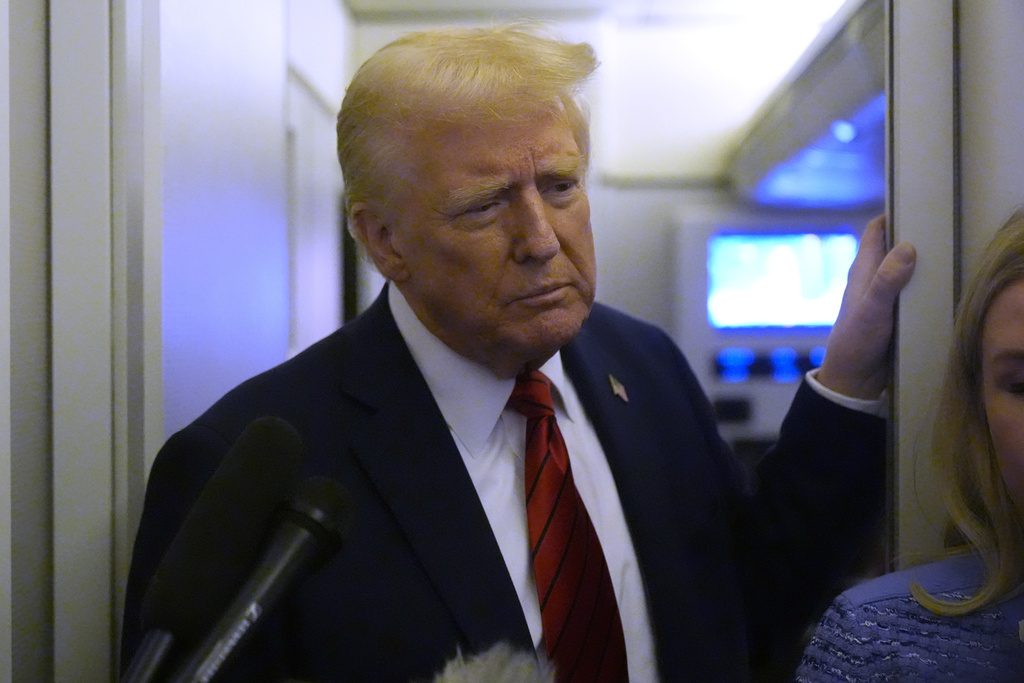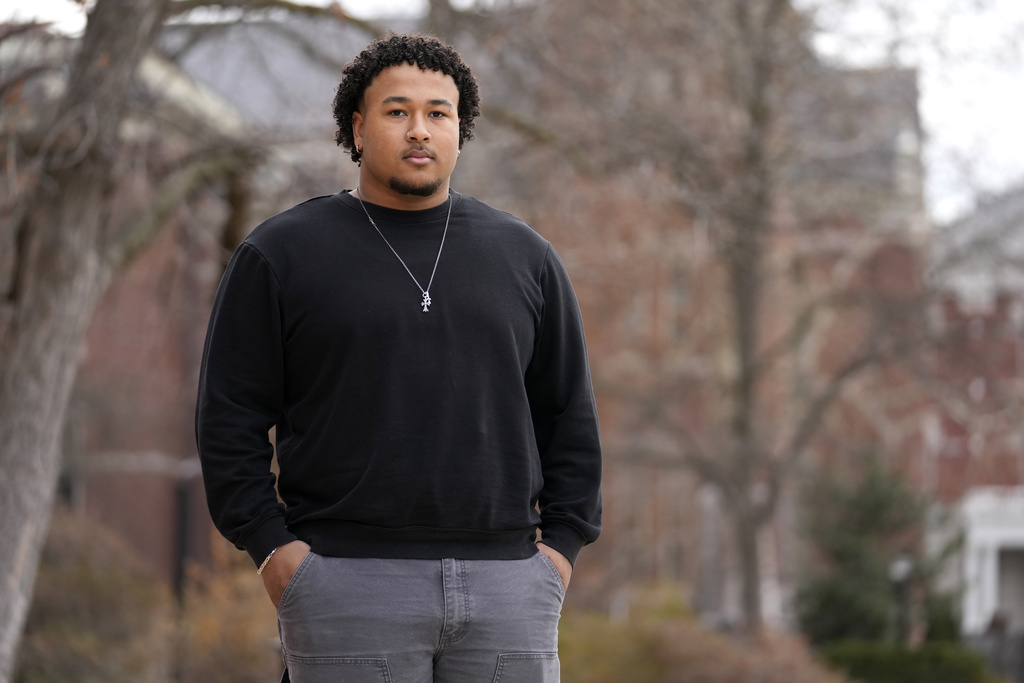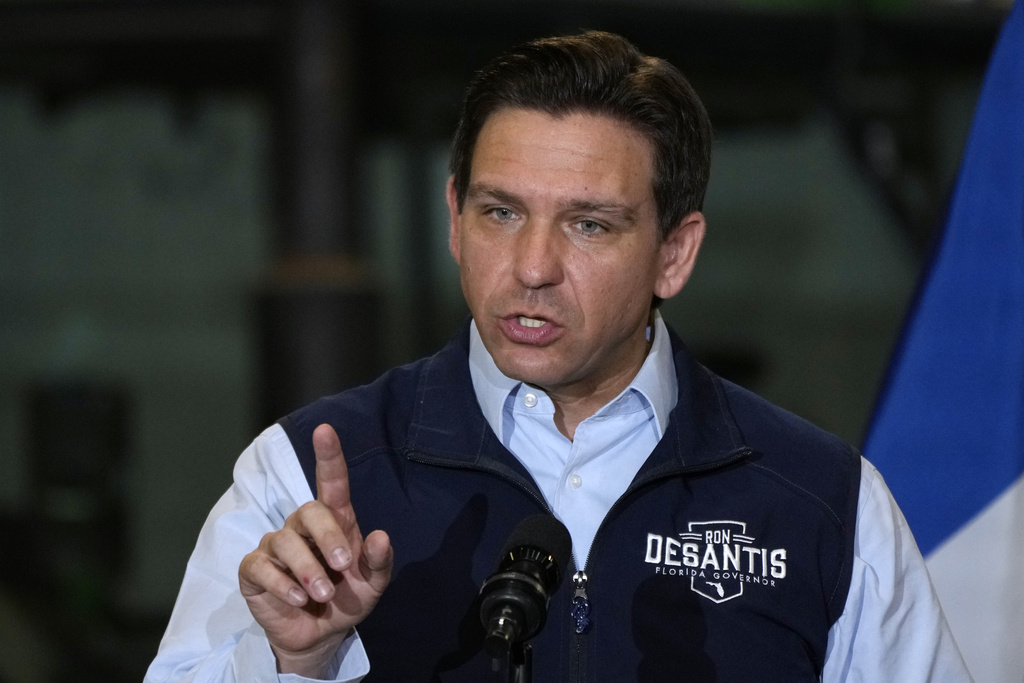In a 5-4 decision, the Supreme Court ruled that the Trump administration would be allowed to move forward with its plan to implement new immigration rules that would allow officials to deny green cards based on use of public benefits.

This means that legal immigrants who use services like Medicaid or food stamps could be in jeopardy to lose their permanent residency in the US.
This decision effectively reverses a nationwide injunction on the order that was set by the 2nd US Circuit Court of Appeals in New York. The policy was developed starting in October 2018 by the Department of Homeland Security, but was held up in lawsuits in the lower courts.
In a concurring opinion from Justice Neil Gorsuch, the Court’s ruling focuses more on the trial courts than on the immigration policy itself.
“The real problem here is the increasingly common practice of trial courts ordering relief that transcends the cases before them,” he pens. “Whether framed as injunctions of ‘nationwide,’ ‘universal,’ or ‘cosmic’ scope, these orders share the same basic flaw– they direct how the defendant must act toward persons who are not parties in the case.”
The policy defines new criteria for officials to consider when granting green cards, with categories of “positive” and “negative” factors. If a person is deemed to be a “public charge,” meaning that they rely too much on public benefits, they can be denied a green card. In the past, this term has applied to those who rely on cash benefits, but this decision allows it to expand to encompass benefits like Medicaid.
Other negative factors that can work against a green card applicant include being unemployed or not being fluent in English.
Speaking on the purpose of the new policy, Ken Cuccinelli, the acting deputy secretary of the Department of Homeland Security, said it was to ensure, “that immigrants are able to support themselves and become successful here in America.”
Spinnaker asked UNF Professor Enrijeta Shino a few questions regarding the new immigration laws. Regarding the new policy, Professor Shino said it’s likely Trump is using these new limitation laws to build support from Americans who are paranoid of losing their jobs to immigrants. Additionally, Professor Shino said these new laws seem to be consistent with the President’s overall immigration policy to put Americans first.
We also asked Professor Shino if she thinks lawsuits due to the new immigration laws will continue, and she said she thinks the case is closed and that won’t change for the foreseeable future.
—
For more information or news tips, or if you see an error in this story or have any compliments or concerns, contact editor@unfspinnaker.com.
















GG | Feb 12, 2020 at 2:19 pm
‘Professor Shino said it’s likely’
So, it’s purely one person’s opinion, with zero facts cited to support that opinion/conjecture. Only one person, a professor was questioned on this. Not much effort appears to have been done for this story…
As a legal immigrant, now naturalized citizen, who’s family came here legally, I see no reason why we shouldn’t expect people to NOT be a burden to the US State or Federal government.
If you have a house guest or someone stays with you for an extended period of time, would you NOT expect them to help contribute in some way? Would you expect them to help out in some way? Would you change your families schedules to work around the one guests? Cook different foods just for them? I would expect not.
Now if the federal government were to allow for US family sponsorships, where Legal US Residents in good standing could sign up and take on the legal responsibility for educating them on US Laws, ensure they will not be a burden to the taxpayers and learn English. Legally binding contracts…where there would be consequences for failing in the sworn duty to be responsible for the new immigrants.
That is how Canada used to do it…and I believe the US used to do it.